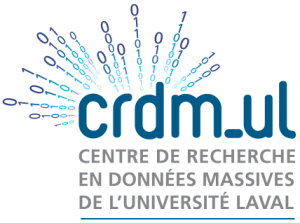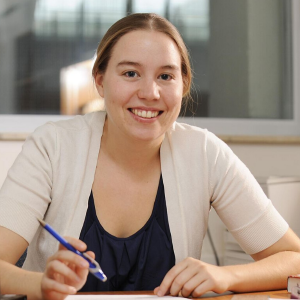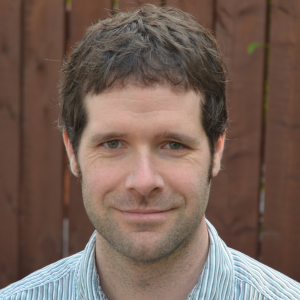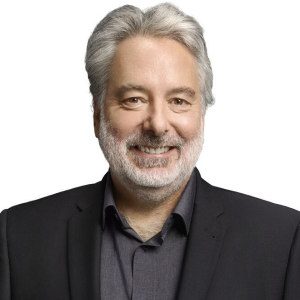FONCER - Responsible Data Science in Healthcare
The objective of CREATE is to support innovative training programs that encourage collaborative and integration-based approaches and that help the next generation of scientists make the transition to the job market in priority research and innovation areas. CREATE improves the context in which the mentoring and training of future researchers take place while allowing them to gain useful experience in a research environment.
Date
Available anytime
Location
Université Laval
Big Data Research Center (CRDM)
Adrien-Pouliot Building, room 3947
Cost
Regular Université Laval student registration
From medical images and lab results, to hospitalization reports and disease registries, the medical industry generates massive amounts of data. However, their potential is under-exploited, in particular due to a shortage of qualified IT personnel and restrictive access rules linked to the protection of privacy. This program will give researchers the tools to work with this data while carefully considering the ethical, legal and social issues of artificial intelligence.
Participants will develop cutting-edge technical skills, as well as professional skills in:
- Management
- Communication
- Knowledge transfer
- Ethics and law

Why choose this training program?
The medical industry generates large amounts of structured and unstructured data on a daily basis, including 1) health-related data, such as medical images, lab results, questionnaire results, treatment details, and 2) healthcare related data, such as hospitalizations / transfers / discharges, demographics, illness registers, billing accounts, appointments and schedules.
It can be argued that clinical environments are among the sectors producing the most data, but their potential remains relatively untapped from a big data and artificial intelligence perspective. There are several reasons for this, mainly restrictive access regulations associated with confidentiality, privacy and other policies.
There is also a recognized shortage of highly qualified IT personnel, a problem exacerbated in the healthcare industry where data scientists must have professional skills and knowledge that go beyond what is typically required for the management, analysis and use of non-confidential data. Scientists and engineers specializing in health and health data, for example, are expected to master encryption and de-identification techniques, implement system architectures that ensure design confidentiality, perform non-revealing data analysis, and develop unbiased tools that can be used intuitively by patients, clinicians, makers and decision-makers.
In addition, they must be fully aware of the ethical, legal and social (ELSI) implications of their work and act responsibly to maintain public trust.
In this context, researchers associated with the Big Data Research Center (CRDM) at Université Laval have created an innovative training program which lies at the interface of data sciences, medicine, public health, law, ethics and policies. The proposed training program, at the forefront of new challenges related to the use of artificial intelligence in the health sector, is currently unprecedented in this era of social and digital environments which are continually evolving.
Canada, with its large provincial health systems and federated IT systems, is well positioned to become a leader in responsible health and health data science, provided it can mobilize a workforce capable of meeting the resulting associated challenges.

Training Program presented by

Researchers leading this program
Program Team
Researchers in charge of this program: François Laviolette (Université Laval), Anne-Sophie Charest (Université Laval) and Philippe Després (Université Laval)
External applicants: Louis Archambault, John Kildea, Nadia Lahrichi, Isabel Fortier, France Légaré, Catherine Régis, Louis-Martin Rousseau.
Organizations: MSSS, INESSS, Imagia Cybernetics, Greybox Solutions Inc, McGill Medical Physics Unit, NRC, ICES, Population Data BC, IVADO, INSPQ, École Polytechnique Montréal, McGill.
Collaborators: Pierre-Luc Déziel, Luc Beaulieu, Jan Seuntjens, Patrick Archambault, Simon Duchesne, Jean-François Éthier, Carole Artault-Noury, Jason Robert Guertin, David Bucheridge, Ariane Bélanger-Gravel, Lyse Langlois, Gilles Savard, Denis Roy and Alexandre Le Bouthillier.
Let’s keep in touch!
Would you like to be informed about IID news and activities? Subscribe now to our monthly newsletter.


